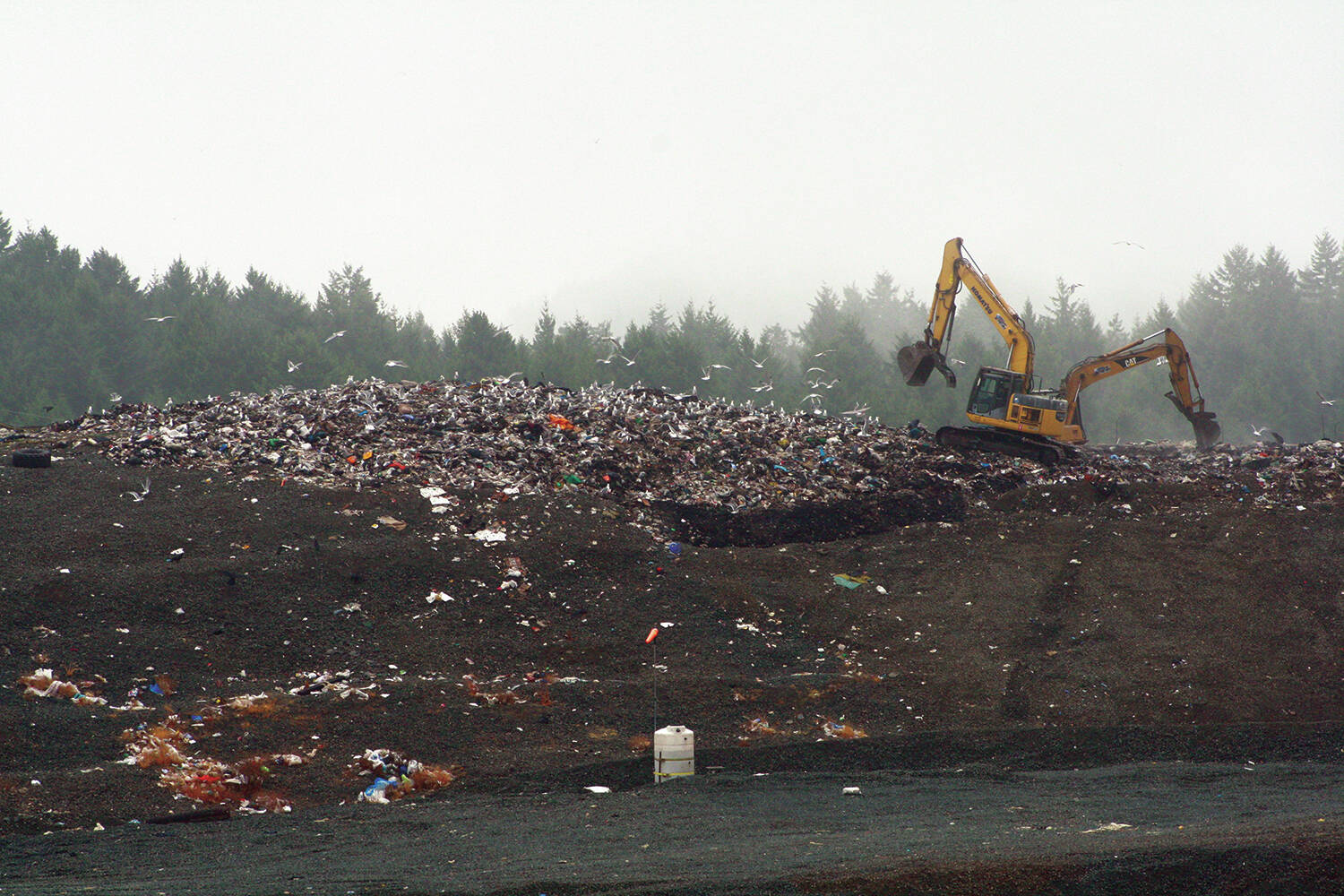A lawsuit filed this week in B.C. Supreme Court accuses FortisBC of “greenwashing” its promotion of natural gas.
B.C.-based Stand Environmental Society and two B.C. residents — Penticton resident Lorraine Goldman and Edgar Dearden of Whistler — launched the suit Monday (March 25) alleging FortisBC is “obstructing efforts to reduce emissions” by misrepresenting the environmental effects and costs of its products.
Greenwashing is the practice of “promoting climate-change causing goods and services unlikely to provide savings to many consumers over the long-term.”
The suit alleges FortisBC has a “financial incentive to induce consumers to heat their homes with natural gas, despite it being against most consumers’ interests to do so” because it makes a “majority of its corporate profits from the sale of fossil gas and renewable natural gas.”
“As more consumers elect to heat and cool their households with electric heat pumps instead of gas, FortisBC loses market share in the residential heating market across most of British Columbia,” it reads.
“The case alleges that these ads, along with other claims by FortisBC, can mislead consumers into connecting to or staying connected to gas rather than choosing a climate solution like an electric heat pump,” Ecojustice lawyer Andhra Azevedo said during an online news conference.
Other alleged misrepresentation includes: the affordability of natural gas compared to electric heat pumps; the harmful role natural gas plays in climate change; and the amount of renewable natural gas produced in and delivered to British Columbians.
None of the suit’s claims have been proven in court.
RELATED: ‘A green milestone’: FortisBC completes pipeline near Greater Victoria landfill
RELATED: FortisBC to purchase renewable natural gas from Hartland Landfill
Azevedo said the lawsuit launched under the Business Practices and Consumer Protection Act does not seek compensation.
It instead seeks a declaration from the court that the company “has engaged in deceptive conduct,” an injunction to “prohibit this deceptive conduct from continuing” and an order that the company has to advertise any court finding of deceptive conduct to ensure consumers have full information, she added.
Azevedo said FortisBC’s ads are impacting individuals as well as municipalities, as they shape decisions with effects that can last 15 to 20 years, the average life-time of gas furnaces or heats pumps.
“So these are really big decisions that people are committing to, that affect their costs over the long-term as well as their climate impacts,” she said.
It is not clear when the suit would go to trial, but it could take up to two years, Azevedo said, adding that the chances of success are “pretty hard to predict” because a case like this has never come before the courts.
”At the same time, the act that we are bringing this case under is really focused on protecting consumers,” she said. “(So) it will actually put the onus on FortisBC to show us how they are not deceiving consumers, which should hopefully increases chances of success.”
FortisBC said in a statement that its aware of the filed claim but won’t comment on its merits.
“FortisBC takes climate change very seriously and is taking action to help BC meet its climate goals,” it reads. “We’ve always worked to protect the environment— whether by helping customers reduce their GHG emissions, progressing initiatives to lower our own operational GHG emissions or implementing new environmental protections.”

